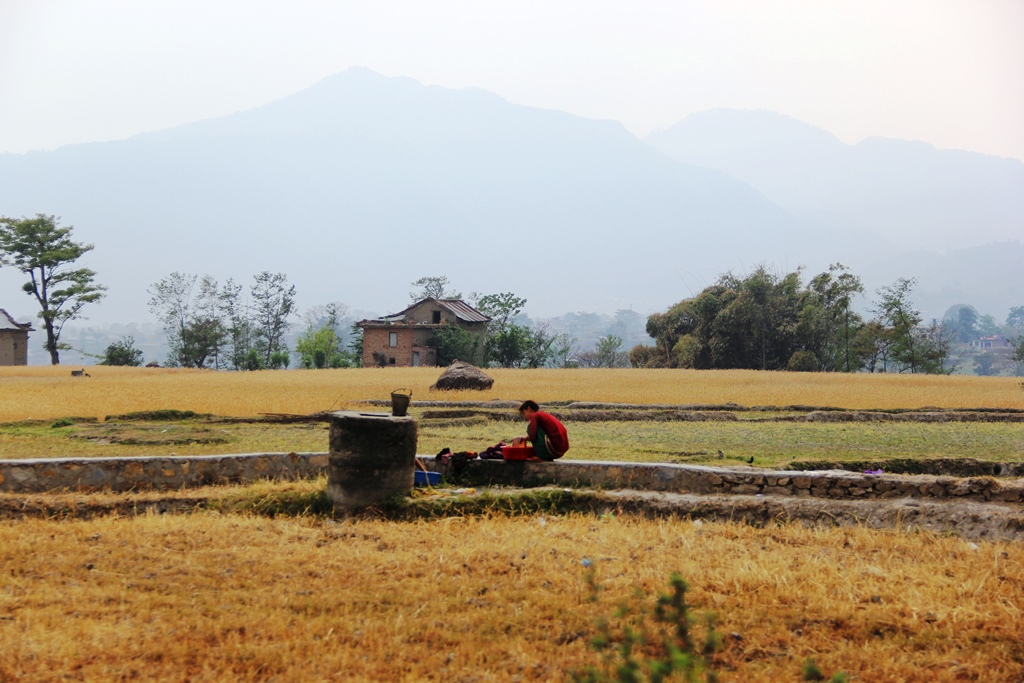The project’s goal is to increasing the adaptive capacity of climate vulnerable and food insecure poor households by improved management of livelihood assets and natural resources in the Karnali mountain districts of Nepal. Its objectives are the following:
- Strengthened local capacity to identify climate risks and design adaptive strategies
- Diversified livelihood and strengthened food security for climate vulnerable poor households in target areas
- Increased resilience of natural systems that support livelihoods to climate change induced stresses
The project will target climate vulnerable poor households as defined by 1) low income and consumption; 2) reliance on subsistence agriculture 3) social discrimination and 4) low access to technology and assets – and the capacity of state and non-state service providers supporting these populations. Targeting will be done through the planning process described in Component 1 below. This planning process is sanctioned by the Ministry of Environment, Science and Technology through the published manual for Local Adaptation Plans of Action (LAPA). It has already been field tested through a concurrent climate change project- the National Climate Change Support Project (NCCSP).
The project will bring together best practices derived from a number of past and on-going initiatives (described below in F, H and I) to deliver concrete adaptation actions. The delivery mechanism will be an adaptation of the World Food Programme’s asset creation program which is implemented in 10 districts in the mid-and far western regions. Through this mechanism communities will be compensated for their engagement in asset creation and improvement through food or cash, increasing both household food security and income opportunity during the lean agricultural season.
Particular activities will focus on easing the burden of rural women and improving their living and health standards, ultimately contributing to household adaptive capacity. Service delivery organizations at the local level – especially extension services related to agriculture, irrigation, livestock and forestry – will be the primary executing agents in implementation and monitoring. The project will focus on developing their capacity to respond to climate shocks and design long-term adaptive strategies
| Project component 1: Develop local, district and national capacity to plan, implement and monitor adaptation and risk reduction actions | US$ 1,349,441 |
| Project component 2: Build household and community resilience and increase adaptive capacity of climate vulnerable poor in 22 VDCs in Mugu, Kalikot and Jumla districts | US$ 7,301,587 |
| Project/Programme Execution Cost | US$ 129,765 |
| Total Project/Programme Cost (= Project Components + Execution Cost) | US$ 8,780,793 |
| Implementing Fee | US$ 746,367 |
| Grant Amount | US$ 9,527,160 |
Project Documents
| Attachment | Type | Size |
|---|---|---|
| Project document | 2 MB | |
| Inception Report | 2 MB | |
| PPR1 (for web) | XLSX | 225 KB |
| PPR2 (for web) | XLSX | 263 KB |
| Mid-term evaluation report | 1 MB | |
| PPR3 (for web) | XLSX | 257 KB |
| Project completion report | 416 KB | |
| Final evaluation report | 5 MB |



